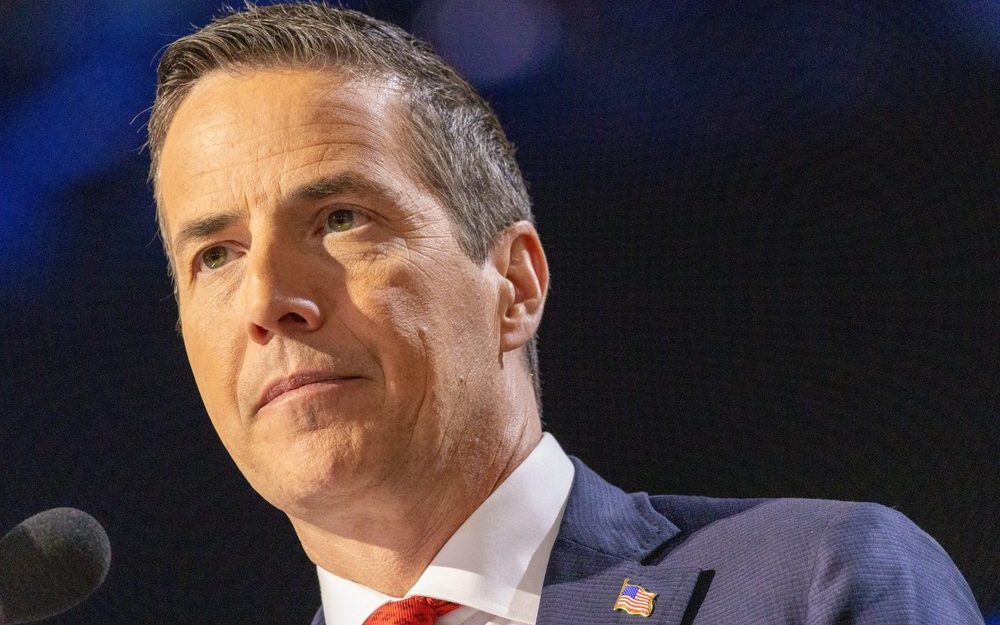Republican Senator-elect Bernie Moreno, a luxury car dealer before transitioning to politics, is positioning himself as a key automotive voice in the Senate. Following his victory over Democrat Sherrod Brown in Ohio—a state critical to the manufacturing sector—Moreno aims to influence automotive policy, particularly as it relates to electric vehicles (EVs).
Speaking at the 2024 CNBC CFO Council Summit in Washington, D.C., Moreno made clear his intention to target the federal EV tax credit of up to $7,500, calling it “catastrophically stupid.”
Moreno criticized the tax credit, which has been a cornerstone of the Biden administration’s green energy push, arguing it unfairly distorts the market. He dismissed claims that the incentive helps U.S. automakers compete with Chinese EV manufacturers, labeling the argument as “nonsense.”
“If you don’t care what kind of car they drive, then let the markets work,” Moreno said. “We’re going to let the marketplace decide what kind of cars people should drive, and if it’s electric, great.”
He also argued that the U.S. holds strategic advantages in combustion engines and hybrids, stating, “If China is dramatically ahead of us on EVs, good for them. But we’re dramatically ahead of them in combustion and hybrids.”
Shifting Industry Dynamics
Moreno’s remarks come as major automakers recalibrate their EV strategies. Once hailed as the industry’s future, EVs have seen cooling consumer demand. Manufacturers such as Ford, General Motors, Mercedes-Benz, and Volkswagen have announced delays or scale-backs in their EV rollouts.
“What we saw in ’21 and ’22 was a temporary market spike where the demand for EVs really took off,” said Marin Gjaja, COO of Ford’s EV division, earlier this year. “It’s still growing, but not nearly at the rate we thought it might have.”
As the industry adapts, automakers are shifting focus toward diversified lineups, including hybrids, rather than adhering to aggressive all-electric mandates such as GM’s goal of going all-electric by 2035.
Marketplace Over Mandates
Additionally, Moreno advocates for reducing government intervention in the automotive market. He stated, “We will establish a favorable environment for car companies with good taxes, regulations, and skilled workers. Let the marketplace operate without government interference.”
He also criticized how the EV credit excludes commercial vehicles and comes with MSRP restrictions, which he claims disproportionately benefit wealthier consumers. “We’re giving someone like Bill Gates $7,500 for buying an EV—how does that make sense?” Moreno asked.
A Broader Policy Shift
Moreno’s stance aligns with that of other Republican leaders, including Vivek Ramaswamy, who co-leads President-elect Trump’s Department of Government Efficiency (DOGE). Ramaswamy has announced plans to review government spending related to electric vehicles (EVs), which includes a loan commitment from the Department of Energy to Rivian Automotive.
The growing skepticism around EV incentives signals a broader industry pivot. While EV sales are still expected to grow, the market is recalibrating to reflect consumer preferences for mixed powertrain options. Moreno’s push to eliminate the EV tax credit underscores a larger ideological divide about the role of government in shaping automotive innovation and market trends.


